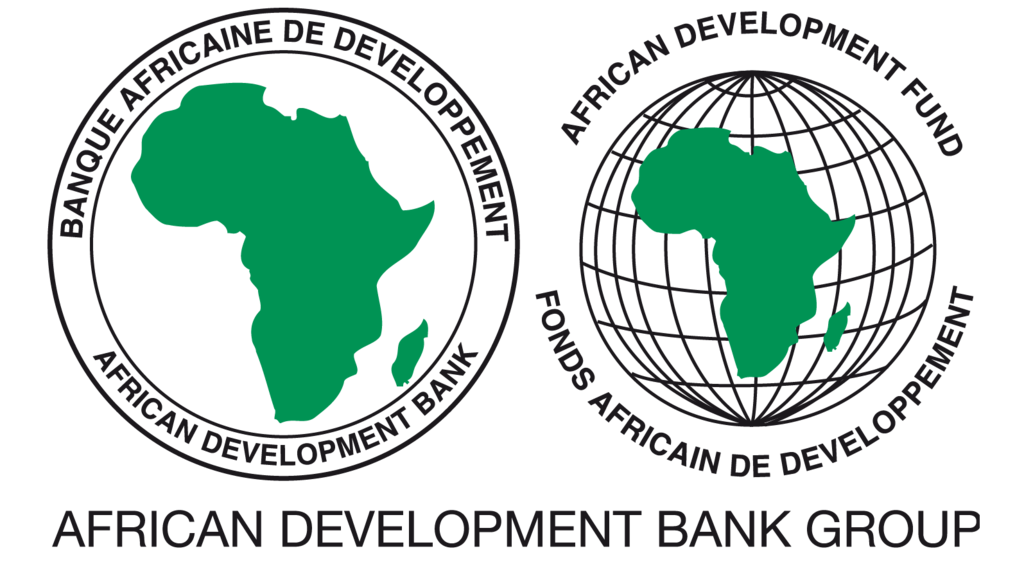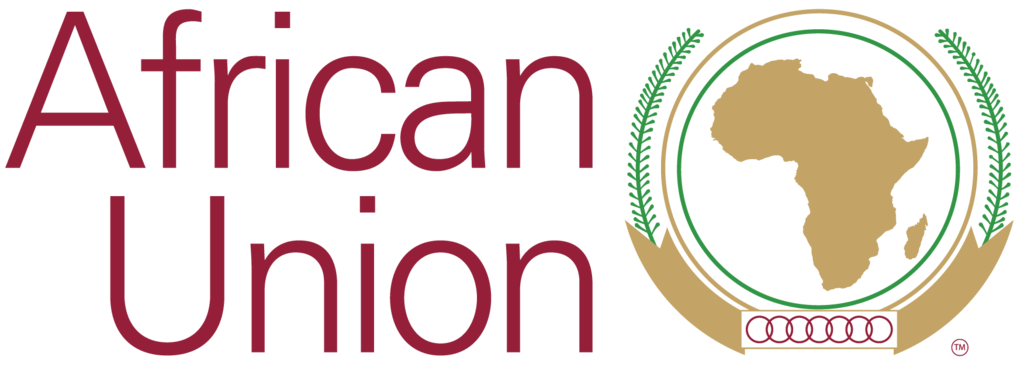Alternative Pathways to Improve Electricity Access in Ethiopia
7 August 2018

Secure, reliable, and affordable energy services are key to addressing many global development challenges. “Energy poverty” features prominently in the Sustainable Development Goals (SDGs). Access to modern energy services for all is required to create the conditions for economic development, social equality, and poverty alleviation. Access to modern energy not only helps increase incomes, but also supports the development agenda through improving education, reducing indoor air pollution and enhancing environmental sustainability. Establishing sustainable energy policy at the national, regional and global levels, however, requires understanding of how the energy sector would interact and link with other sectors. Studies aimed at informing long-term energy planning, insights on tradeoffs and synergies with other sectors, and impacts on the larger economy as well as appropriate business models are lacking in developing countries.
But rural energy access remains under-developed in most countries in Africa south of the Sahara. Ethiopia is such a country, facing the dual challenges of limited access to modern energy and heavy reliance on traditional biomass energy sources. While the country has seen very high economic growth in recent years, sustaining this growth into the future will require a dramatic expansion of its energy supplies.
To address this issue, a project on “Alternative Pathways to Improve Electricity Access in Ethiopia” was implemented by the International Food Policy Research Institute (IFPRI) with support from the African Development Bank under the African Climate Technology and Finance Center and Network (ACTFCN), Enhance Knowledge and Technology Transfer for Mitigation and Adaptation in sub-Saharan Africa and under the umbrella of the CGIAR Research Program on Water, Land and Ecosystems (WLE). In particular, the project focused on the development of new energy modeling tools and on capacity building of key energy stakeholders to support the development of evidence-based policy recommendations for optimal use of Ethiopia’s energy resources to improve electricity access, promote energy security and mitigate greenhouse gas emissions to contribute to mitigating climate change.
To develop national capacity, IFPRI, in collaboration with the Ethiopian Ministry of Water, Irrigation, and Electricity (MOWIE) organized two sets of training and policy workshops on Alternative pathways to improve electricity access in Ethiopia in Addis Ababa, on November 28-29, 2017 (top pic) and on May 2-4, 2018 (bottom pic), respectively. Workshop participants included staff from ministries, different utilities and universities.
The first training workshop, led by Dr. Mondal from IFPRI, introduced a series of energy modelling tools that could be used by participants to design long-term energy policies that aim to optimize the use of energy resources, improve energy access, improve energy security, minimize import dependency, minimize investment risk, mitigate GHG emissions, and minimize total system costs. Different energy models such as RETScreen, HOMER, LEAP, MARKAL, and TIMES were presented. Further, examples of energy policy design for recent MARKAL, LEAP, and TIMES model applications for Ethiopia and the Philippines were also presented. As a follow-on to the training, participants were asked which modeling tool they were most interested in for in-depth training. The overall agreement by the workshop attendees was to focus the second training workshop on the TIMES model. The May workshop was largely dedicated to hands-on training and exercises using the TIMES model software by participants.
The objective of the policy workshops was to discuss the current status, challenges, and opportunities for Ethiopia’s energy sector with a focus on alternative pathways to improve access to electricity and to increase diversification of the energy sector. Both policy workshops started by welcoming remarks and included keynotes from the Ministry of Water, Irrigation and Electricity (MOWIE) as well as Ethiopia Energy Authority (EEA) energy stakeholders. Key discussion points included the potential of renewable energy development through the diversification of primary energy supply from a system dominated by hydro-electricity to a system involving greater use of other renewables, such as solar and wind, and possible opportunities to export electricity. Integration of other conversion technologies into the current energy system was also discussed. Finally, the discussions focused on the need to develop energy optimization models to analyze the techno-economic feasibility of energy supply diversification over the long term to support energy policy design and investment plans.
Workshop participants pointed out that they are very keep to develop Ethiopia-TIMES model for long-term energy planning that will help to include all alternative energy resources into the energy system to improve energy access and enhance energy security in Ethiopia.
Original article on the IFPRI website






